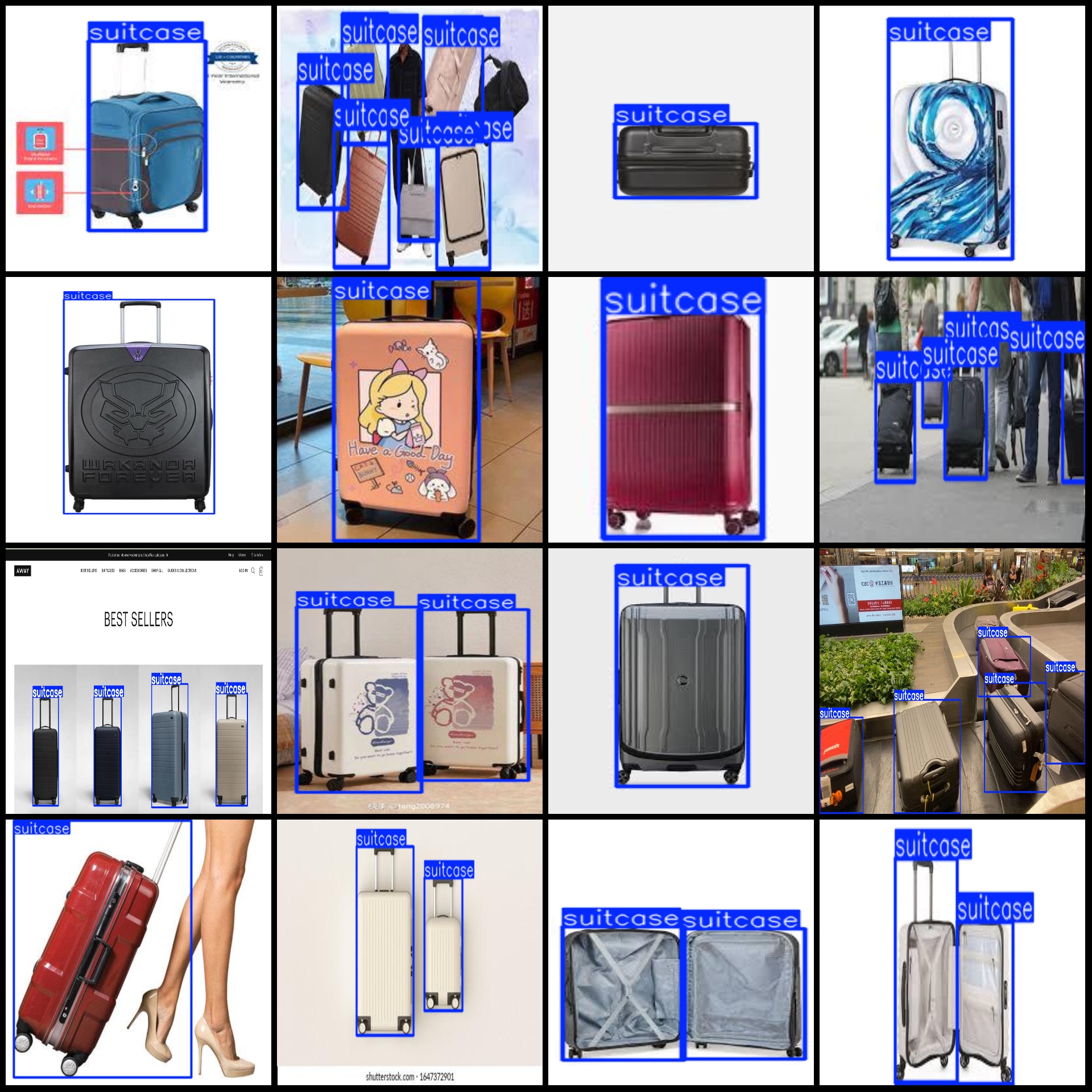webpack搭建本地服务器
首先是要安装一个webpack-dev-server
npm install webpack-dev-server -D安装后在package.json中添加:
{
"name": "babel_core_demo",
"version": "1.0.0",
"main": "index.js",
"scripts": {
"test": "echo \"Error: no test specified\" && exit 1",
"build": "webpack",
"ts-check": "tsc --noEmit",
"ts-check-watch": "tsc --noEmit --watch",
"serve": "webpack serve"
},
"author": "",
"license": "ISC",
"description": "",
"devDependencies": {
"@babel/cli": "^7.27.2",
"@babel/core": "^7.27.4",
"@babel/plugin-transform-block-scoping": "^7.27.5",
"@babel/preset-env": "^7.27.2",
"@babel/preset-react": "^7.27.1",
"babel-loader": "^10.0.0",
"html-webpack-plugin": "^5.6.3",
"ts-loader": "^9.5.2",
"webpack": "^5.99.9",
"webpack-cli": "^6.0.1",
"webpack-dev-server": "^5.2.2"
},
"dependencies": {
"@babel/preset-typescript": "^7.27.1"
}
}
然后在终端中运行npm run serve就可以开启本地服务器了
webpack-dev-server使用了一个库叫memfs(memory-fs webpack自己写的)
它在编译之后不会写入到任何的输出文件,而是将bundle文件保存在内存中
进行配置:
const path = require('path');
const HtmlwebpackPlugin = require('html-webpack-plugin');
module.exports = {
mode: 'development',
entry: './src/index.js',
output: {
path: path.resolve(__dirname, './build'),
filename: 'bundle.js',
clean: true
},
resolve: {
extensions: ['.js', '.jsx', '.ts']
},
module: {
rules: [
{
test: /\.jsx?$/,
use: {
loader: 'babel-loader',
options: {
presets: [
["@babel/preset-env", { targets: ">5%" }],
"@babel/preset-react"
]
}
}
},
{
test: /\.ts$/,
use: 'babel-loader'
}
]
},
plugins: [
new HtmlwebpackPlugin({
template: './index.html',
filename: 'index.html'
})
],
devServer: {
static: {
directory: path.resolve(__dirname, './build')
},
open: true,
port: 8080,
historyApiFallback: true
}
}
devServer的static
devServer中的static 对于我们的直接访问打包后的资源并没有太大的 作用,它的主要作用是如果我们打包后的资源又依赖于其他的一些资源,那么就需要指定从哪里来查找这个内容
打包之后浏览器无法通过相对路径找到文件夹,所以我们需要设置static
const path = require('path');
const HtmlwebpackPlugin = require('html-webpack-plugin');
module.exports = {
mode: 'development',
entry: './src/index.js',
output: {
path: path.resolve(__dirname, './build'),
filename: 'bundle.js',
clean: true
},
resolve: {
extensions: ['.js', '.jsx', '.ts']
},
module: {
rules: [
{
test: /\.jsx?$/,
use: {
loader: 'babel-loader',
options: {
presets: [
["@babel/preset-env", { targets: ">5%" }],
"@babel/preset-react"
]
}
}
},
{
test: /\.ts$/,
use: 'babel-loader'
}
]
},
plugins: [
new HtmlwebpackPlugin({
template: './index.html',
filename: 'index.html' // 或保持 'end.html' 但记得改访问地址
})
],
devServer: {
static: [
path.resolve(__dirname, './public'),
path.resolve(__dirname, './build')
],
open: true,
port: 8080,
historyApiFallback: true
}
}
hotOnly、host配置
hotOnly是当代码编译失败时是否刷新整个页面
默认情况下当代码编译失败修复之后我们会重新刷新整个页面
如果不希望重新刷新整个页面,那可以设置hotOnly为true(现在被删了)
host可以设置主机地址,默认是localhost,如果希望其他地方也可以访问那可以设置0.0.0.0
这俩玩意的区别:

open是是否打开浏览器,默认值是false,设置为true会打开浏览器
也可以设置为类似于google chorme等值
compress是否为静态文件开启gzip compression(在开发服务器中,所有通过 HTTP 返回的静态资源(如 .js、.css 等),会开启 gzip 压缩传输。
gzip 是一种压缩格式,它可以减小传输文件的大小,加快加载速度)
默认值是false,也可以设置为true
proxy代理配置
解决跨域问题可以:
静态资源和服务器部署在一起
服务器中开启cors
node本地服务
Nginx
还可以配置代理:
const path = require('path');
const HtmlwebpackPlugin = require('html-webpack-plugin');
module.exports = {
mode: 'development',
entry: './src/index.js',
output: {
path: path.resolve(__dirname, './build'),
filename: 'bundle.js',
clean: true
},
resolve: {
extensions: ['.js', '.jsx', '.ts']
},
module: {
rules: [
{
test: /\.jsx?$/,
use: {
loader: 'babel-loader',
options: {
presets: [
["@babel/preset-env", { targets: ">5%" }],
"@babel/preset-react"
]
}
}
},
{
test: /\.ts$/,
use: 'babel-loader'
}
]
},
plugins: [
new HtmlwebpackPlugin({
template: './index.html',
filename: 'index.html' // 或保持 'end.html' 但记得改访问地址
})
],
devServer: {
static: [
path.resolve(__dirname, './public'),
path.resolve(__dirname, './build')
],
open: true,
port: 8080,
historyApiFallback: true,
proxy:{
'/api':{
target:'http://localhost:9000',
pathRewrite:{'^/api':''},
}
}
}
}
这个跨域问题解决了是因为配置了代理之后静态资源和API指向同一个服务器了

const path = require('path');
const HtmlwebpackPlugin = require('html-webpack-plugin');
module.exports = {
mode: 'development',
entry: './src/index.js',
output: {
path: path.resolve(__dirname, './build'),
filename: 'bundle.js',
clean: true
},
resolve: {
extensions: ['.js', '.jsx', '.ts']
},
module: {
rules: [
{
test: /\.jsx?$/,
use: {
loader: 'babel-loader',
options: {
presets: [
["@babel/preset-env", { targets: ">5%" }],
"@babel/preset-react"
]
}
}
},
{
test: /\.ts$/,
use: 'babel-loader'
}
]
},
plugins: [
new HtmlwebpackPlugin({
template: './index.html',
filename: 'index.html' // 或保持 'end.html' 但记得改访问地址
})
],
devServer: {
static: [
path.resolve(__dirname, './public'),
path.resolve(__dirname, './build')
],
open: true,
port: 8080,
historyApiFallback: true,
proxy:{
'/api':{
target:'http://localhost:9000',
pathRewrite:{'^/api':''},
},
changeOrigin:true,
}
}
}
这个changeOrigin就是帮助我们骗过服务器的校验的,帮我们改了东西

historyApiFallback
这是一个比较常见的属性,作用是解决SPA页面在路由跳转之后进行页面刷新时返回404的错误

像Vite什么的都是直接把这个配置为true的
webpack性能优化





















